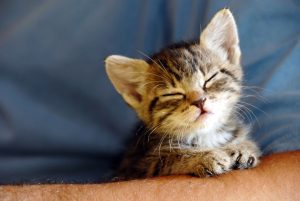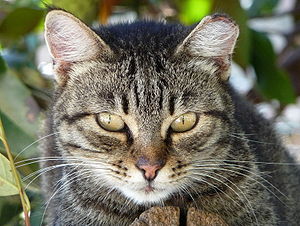Most people care a great deal about their furry friends and consider them family members, which is why estate planning for your pets is so important. One of the easiest ways to accomplish your planning needs around your pet is by using a pet trust. An estate planning attorney can help to draft this for you, and this is particularly important if you have animals who you suspect may outlive you.
Birds are an excellent example of a type of species that can outlive their human counterparts, and the trust drafted by an estate planning attorney can be tailored to you and your pet’s needs. The trust operates in the following manner. You are responsible for putting money in the trust for the care of your individual pet or multiple pets. You might need to identify relevant sanctuaries or people to care for the animal on your behalf. 
Put sufficient funds inside the trust in order to compensate the person or a sanctuary for veterinary care and food. You can also specify who is eligible to receive any money that is left inside the trust when the pet passes on. This can give you a great deal of peace of mind that your loved one will continue to be cared for.
It can be an unfortunate situation when your beloved pets cannot be cared for by your family members, putting your furry loved ones at risk of having to go to a shelter or an area they are unfamiliar with. Putting together a pet trust can allow you to earmark funds specifically for your pet’s individual care, and also specifies if the animal passes away before those funds are needed, who is eligible to receive those assets. This gives you confidence and peace of mind that even if you are no longer able to care for your furry friends, someone else will.



